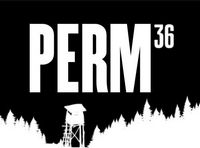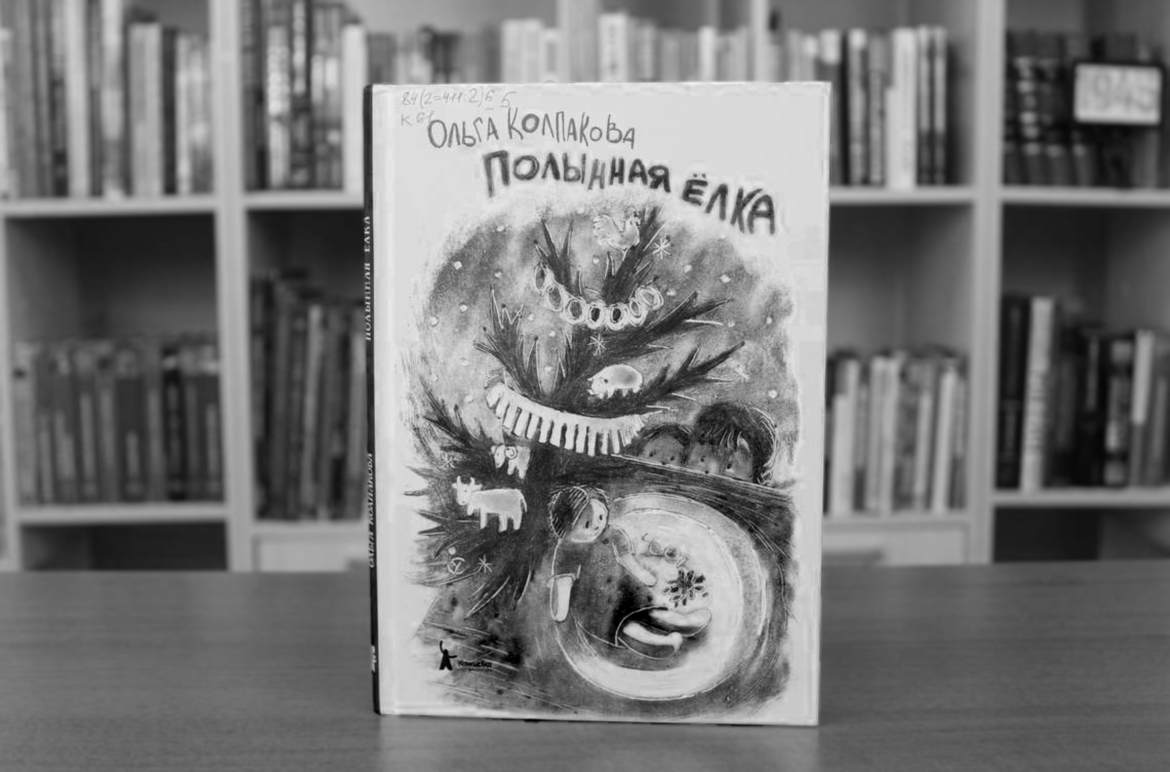On 25 July, undeclared prohibition of the distribution of the children’s book Polynnaya elka(Wormwood Tree), talking about the deportation of the Volga Germans in the Soviet Union during WWII received wide publicity. As the author of the book, Olga Kolpakova has informed, the book was removed from the Ekaterinburg city libraries. In the opinion of Kolpakova, this campaign was initiated by Ivan Popp, Vice-Rector and Associate Professor of the Ural State Pedagogical University. In his complaint he particularly insisted that «this publication is aimed to distort historical facts. It creates various speculations and myths under the general preface ‘it’s that kind of time…’ and promotes liberal European trend of comparing Hitler and Stalin».
Olga Kolpakova categorically disagrees with Popp’s expertise. She believes that every quote from the book was taken out of context and the whole meaning of the text is intentionally distorted. The same time she considers that Ivan Popp’s complaint was a planted article, it «sounds like an accusation». This fact raises concerns that prohibition of Polynnaya elka is a part of the more general intention to revise history.
This is not the first time that literature about the difficult pages of the Russian history, as well as «inconvenient» authors, have been banned by Russian state organisations. In June, after Boris Akunin was declared a “foreign agent”, the Moscow bookshops withdrew his books from sale. Russian digital book resource has removed a book by the oppositional journalist Oleg Kashin’s, while Moscow Yermolova Drama Theatre has excluded from its repertoire a play Text based on Dmitry Glukhovsky’s novel. All these authors spoke up against the war in Ukraine.
In July, 2022 a book about the Polish victims of the Stalinist shootings Katyn’. Po sledam prestupleniya (Katyn. In the Footsteps of the Crime), was added to the federal list of extremist materials and banned for distribution. In Krasnodar, a local man was fined for «identifying» the actions of the USSR and Nazi Germany because he recommended to read the memoirs Vospominaniya o vojne(Memories of the War), written by the well-known art critic from the State Hermitage Museum (Saint Petersburg), veteran of the World War II Nikolai Nikulin.


